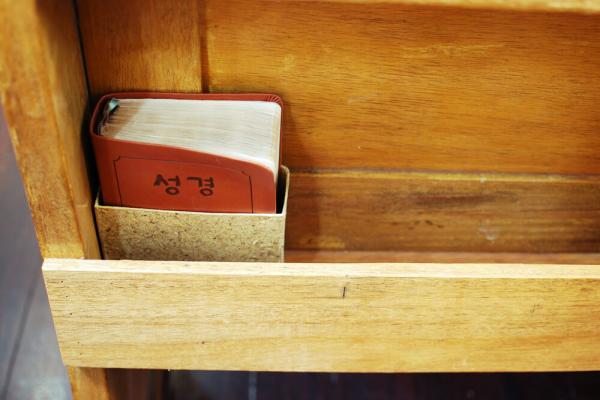Nov 11, 2021
Attending church was the beginning of my faith journey, when I began to understand myself, the world, and God. The racism, discrimination, and xenophobia embedded into my daily life were normalized, swiftly decreasing my self-worth as well the worth of other Korean, Chinese, and Vietnamese kids I grew up with. Helplessly, we tried to see ourselves reflected, but especially in each other, we found only mere echoes of insecurity.
Read the Full Article

Already a subscriber? Login
